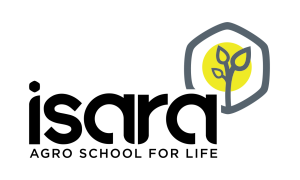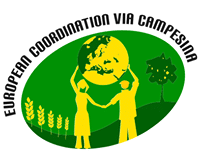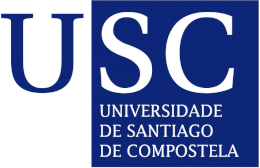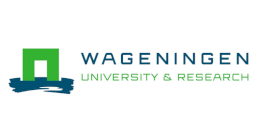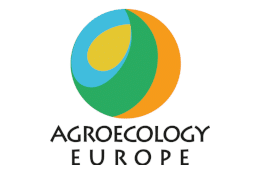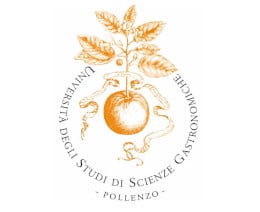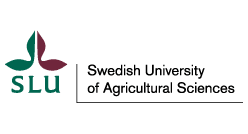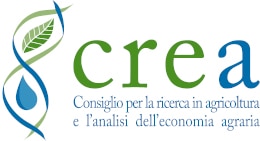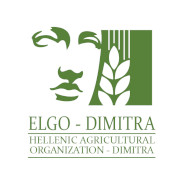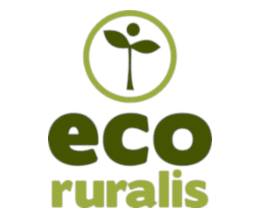Within AE4EU existing public and private funding schemes across Europe are assessed, compared and used as a basis to co-design future funding schemes. One of the challenges of this work is to ascertain how much public money is spent on agroecology in every country in Europe. For this, the AE4EU team adopted a twin-track approach: top-down, looks at funded research projects and calls as well as CAP (Common Agricultural Policy) payments; for bottom-up, the team are surveying and interviewing farmers to understand how funding is currently delivered at ground level, what mechanisms work and what could be improved, where the gaps and barriers are, and where there are good examples that might benefit farmers in other European countries.
Regarding private funding, the team is investigating the contribution of foundations and philanthropy to agroecology in Europe. A series of workshops to identify how public and private funding might work together to bring an agroecological transition will be organized in 2022 and 2023 to bring together funders.
Analyse of Public funding scheme
Top-Down: Public Funding for Research Projects
As the word ‘agroecology’ has only begun appearing on research calls in recent years, four further keyword families were selected so that funding supporting projects involving agroecological practices (but not necessarily the word) might be identified. These were:
- Organic (bio-dynamic, biological)
- Agroecology (agroecology, agricology)
- Agroforestry (silvopasture, silvoarable)
- Territorial Food Systems
- Regenerative agriculture (permaculture)
These word families were chosen by multidisciplinary researchers in agroecology and included native and non-native English speakers with familiarity of French, German, Italian, Spanish and Portuguese. This is important as many ‘agroecological’ concepts have been developed in other European languages and ‘translated’ into English.
A search was made for these keyword families in European Commission databases on research budgets and funding allocation, over the years 2014-2020, 224 projects have been provisionally identified from CORDIS (a database of all the EU-supported Research and Development activities) of which 95 are classified ‘agroecology’.
CAP payments for income and market support per country per year have also been analysed for 2014-2020 although the data does not contain direct links to agroecological practices as agroecology was not explicitly included as an objective of the CAP.
Bottom-up: Public funding – the farmer’s view
After internal discussion, a questionnaire grid was designed. This questionnaire was either sent online or used in direct (face to face or videoconference) interviews. Where respondents agreed, the survey was followed up with an interview to give more detail and fill in any gaps.
In total 26 people from 18 countries have responded. The majority of these are farmers or are linked to farmer associations so we could gather experiences of applying for funding agroecology in different countries, what mechanisms are in place to develop it and see what was available. While we were hoping to gather quantitative as well as qualitative data, collecting information on funds available for agroecology using the word families above, has proved very challenging as most countries do not use the term in their Rural Development Plans.
Early analysis of the qualitative data suggests many challenges are shared across different countries. It has also uncovered some good examples of public spending for agroecology that could be useful for future workshops looking at designing new funding schemes.
Private funding: Screening and analysing the support of foundations to agroecology in Europe
The main function of philanthropy is to mobilise private funds whose revenues serve general interest and contribute to policy and social changes. This enables them to support technological and social innovations that deserve policy and social change in practical terms. In the food and farming sectors, supporting agroecology contributes to achieving environmental, climate and social goals -among others- beyond the transformation of socio-technical and economical regimes.
In Europe, more and more foundations support activities that benefit agroecology. Some have been very active in this field for a long time, while others came to agroecology more recently. Every foundation decides its own way to operate depending on its national tax regulation, constituency, objectives, theory of change, impact investment policy and strategy.
Beyond the diversity of their individual interventions, foundations are acting together towards agroecology through joint initiatives, from annual pool-funding to long-term pluri-annual coordination mechanisms and strategies. The main question underlying this task: is there strategic philanthropy in favour of agroecology in Europe and if so, how does it operate? By strategic philanthropy, we mean goals not only determined by the engagement and values of philanthropists, but also by assessing the needs of society[1].
There are 3 parts to this task:
- analyses strategies of the most relevant foundations towards agroecology in Europe (e.g. Fondation de France, Nina and Daniel Carrasso, Fondazione Cariplo, Fondazione Feltrinelli, Fondation Bjork et Bonneterre, Heinrich Böll Stiftung), as well as international pool-funding initiatives (i.e. the Agroecology Fund) and some philanthropy-oriented businesses and food retailers (e.g. Patagonia, Lehman Natur, Léa Nature, etc.);
- reviews and monitors the various forms of supports to agroecology-related activities (i.e. research, systematization, lobbying, advocacy, awareness-raising, campaigning, coalition building…) and more specifically on which topics in various geographical contexts;
- investigates when and how these foundations have decided to provide funds towards agroecology, their future vision (theory of change) and which topics they focus on (e.g. permaculture, agroforestry, regenerative practices, etc.).
Some foundations and groups of foundations acting for agroecology in Europe will be involved in this task through the European Foundation centre[2]. Estimating the amount of money invested by foundations towards agroecology activities in Europe and better understanding the specific patterns of strategic philanthropy to agroecology in Europe are the main expected results of this task. To achieve this goal, in parallel and complementary to the research work, a first workshop will be held with private funders in 2022.
Authors: Lindy Binder, Samuel Féret
[1] Frumkin P., The Essence of Strategic Giving, University of Chicago Press, 2010.


 Living Labs (LLs) for co-development and co-learning
Living Labs (LLs) for co-development and co-learning
